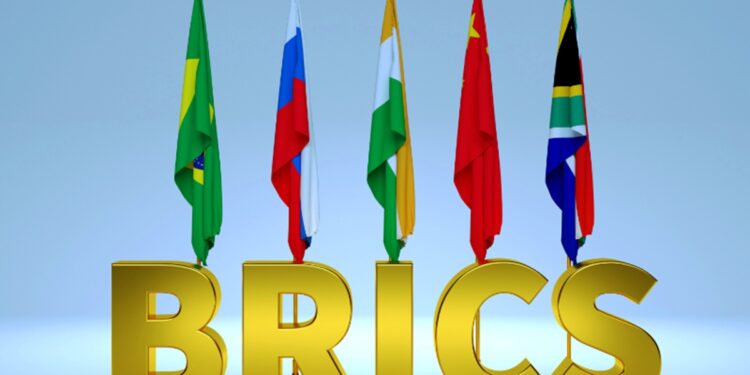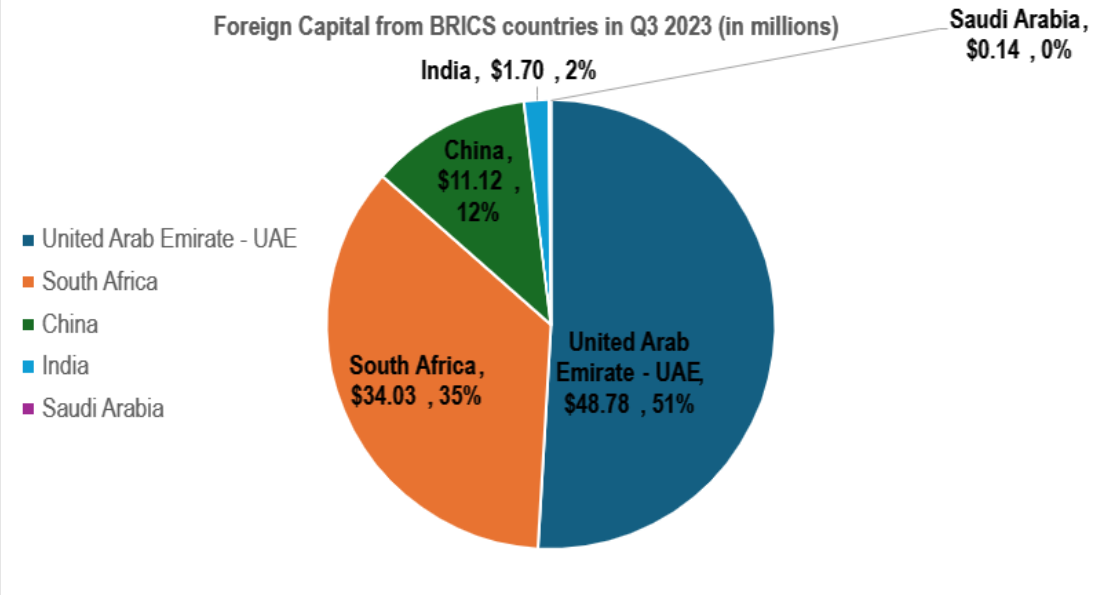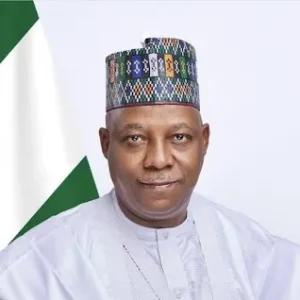
Nigeria experienced a substantial decline of 59.84% in foreign capital from BRICS countries during the third quarter of 2023, according to the Capital Importation report by the National Bureau of Statistics (NBS).
A quarterly analysis reveals that capital inflow dropped from $239.18 million in Q2 2023 to $96.04 million in Q3 2023 representing a 60.35% decrease. There is also a yearly decrease of 17.57% from $116.51 million recorded in the same quarter of the previous year.
BRICS, comprising Brazil, Russia, India, China, and South Africa, witnessed a decrease in capital inflow to Nigeria. Nigeria has been eyeing membership in BRICS as part of its foreign policy agenda to amplify its influence on the global stage.
However, BRICS expanded by inviting six other nations, including Saudi Arabia, Iran, Egypt, Argentina, Ethiopia, and the United Arab Emirates, skipping Nigeria. Out of the invited countries, Argentina turned down the invite while the remaining the remaining five became members officially on January 1, 2024 Yet Nigeria remains committed to its push for BRICS membership within the next two years.
UAE leads capital import source to Nigeria
Despite the visa ban on Nigeria since October 2022, the United Arab Emirates (UAE) emerged as a leading source of capital import, contributing $48.78 million, approximately 50.79% of the total capital import from BRICS countries.
Out of the 10 countries in the BRICS group, Nigeria received foreign capital from only five, namely China, India, South Africa, Saudi Arabia, and the UAE.
Nigeria got $34.03 million from South Africa, $11.12 million from China, $1.70 million from India and $0.14 million from Saudi Arabia in Q3 2023.

More Insights
- The overall foreign capital inflow into Nigeria witnessed a significant drop, totalling $654.65 million in Q3 2023. Foreign Direct Investment (FDI) represented only 0.091% of the total capital imported, despite government efforts to attract investments.
- One of the top economic deals by President Bola Tinubu in 2023 was with Saudi Arabia when the government of the Gulf State pledged to assist Nigeria with its FX obligations as well as invest in the country’s refinery rehabilitation process.
- Despite the challenges reflected in the current capital importation report, optimism is directed toward the potential positive impact of foreign investment pledges secured by President Tinubu during overseas trips, which reportedly amount to over $15 billion in Foreign Direct Investment (FDI) across various sectors.
- As Nigeria navigates its economic landscape, the outlook remains contingent on the realization of these pledges and concerted efforts to enhance foreign capital inflows, including the aspiration to join the BRICS group.







